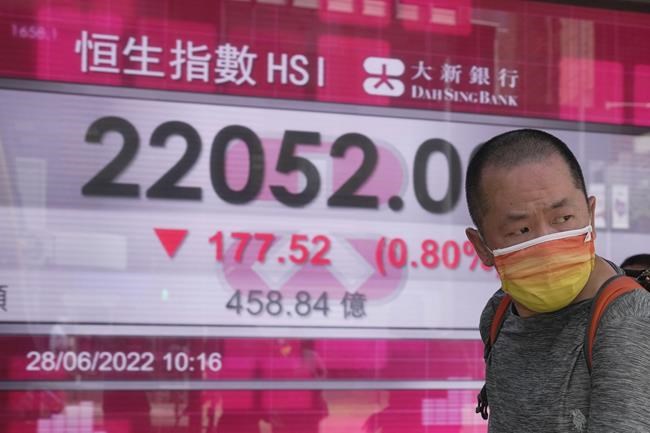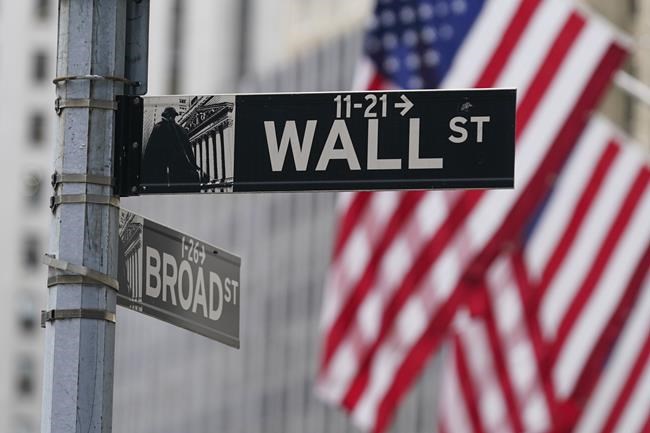Stocks slide on Wall Street as inflation worries persist
Advertisement
Read this article for free:
or
Already have an account? Log in here »
To continue reading, please subscribe:
Monthly Digital Subscription
$1 per week for 24 weeks*
- Enjoy unlimited reading on winnipegfreepress.com
- Read the E-Edition, our digital replica newspaper
- Access News Break, our award-winning app
- Play interactive puzzles
*Billed as $4 plus GST every four weeks. Offer only available to new and qualified returning subscribers. Cancel any time.
Read unlimited articles for free today:
or
Already have an account? Log in here »
Hey there, time traveller!
This article was published 27/06/2022 (981 days ago), so information in it may no longer be current.
NEW YORK – Stocks slid on Wall Street Tuesday as the market remains gripped by uncertainty over pervasive inflation, rising interest rates and the potential for a recession. The S&P 500 fell 2%, the Dow Jones Industrial Average fell 1.6%, and the Nasdaq fell 3%. The Conference Board reported that consumer confidence fell in June to its lowest level in more than a year, driven by concerns over inflation including rising prices for gas and food. Energy stocks rose along with the price of crude oil. The yield on the 10-year Treasury note, which helps set mortgage rates, rose to 3.20%.
THIS IS A BREAKING NEWS UPDATE. AP’s earlier story follows below.
Stocks fell in afternoon trading on Wall Street Tuesday as the broader market remains gripped by uncertainty over pervasive inflation, rising interest rates and the potential for a recession.
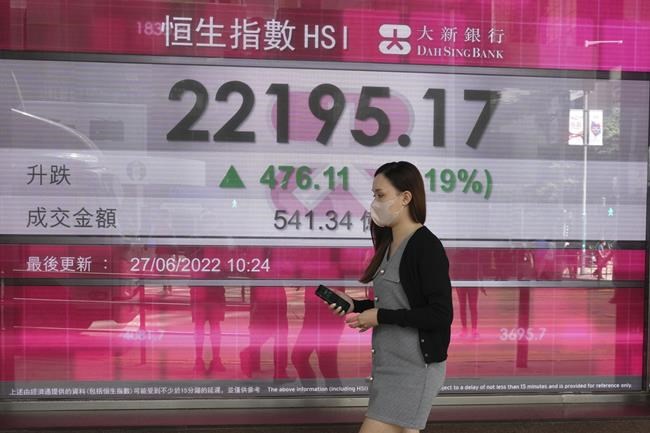
The S&P 500 fell 2% as of 3:07 p.m. Eastern, with roughly 85% of the stocks in the benchmark index in the red. The Dow Jones Industrial Average fell 484 points, or 1.5%, to 30,957 and the Nasdaq fell 2.9%.
The Conference Board reported that consumer confidence fell in June to its lowest level in more than a year, driven largely by concerns over inflation including rising prices for gas and food. The results were also much weaker than economists expected.
“Confidence is going to continue to shrink as long as inflation remains high,” said Chris Zaccarelli, chief investment officer for Independent Advisor Alliance. “It all comes back to inflation, it’s ultimately driving reaction from the Fed and impacting the market and consumer confidence.”
Investors face a pervasive list of concerns centering around rising inflation squeezing businesses and consumers. Supply chain problems that have been at the root of rising inflation were made worse over the last several months by increased restrictions in China related to COVID-19.
Businesses have been raising prices on everything from food to clothing. Russia’s invasion of Ukraine in February put even more pressure on consumers by raising energy prices and pumping gasoline prices to record highs.
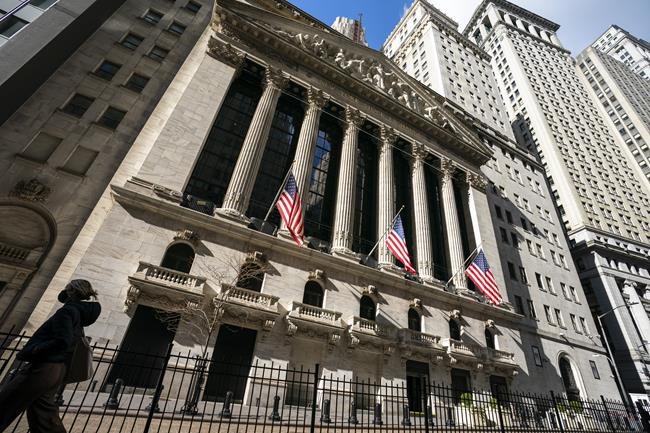
Consumers were already shifting spending from goods to services as the economy recovered from the pandemic’s impact, but the intensified pressure from inflation has prompted a sharper shift from discretionary items like electronics to necessities.
Stubborn inflation pressures have driven a stark shift in policy from central banks, which are raising rates to try and temper inflation after years of holding rates down to help economic growth.
Now, they are trying to slow economic growth, but investors are worried that they could go too far and actually push the economy into a recession as key economic indicators are already showing a slowdown in things like retail sales.
Investors are awaiting remarks expected for midweek by central bank leaders including Fed Chair Jerome Powell and European Central Bank chief Christine Lagarde. They will also get another update on U.S. economic growth on Wednesday when the Commerce Department releases a report on first-quarter gross domestic product.
Wall Street is also preparing for the latest round of corporate earnings in the next few weeks, which will help paint a clearer picture of how companies are dealing with the squeeze from rising costs and consumers curtailing some spending.
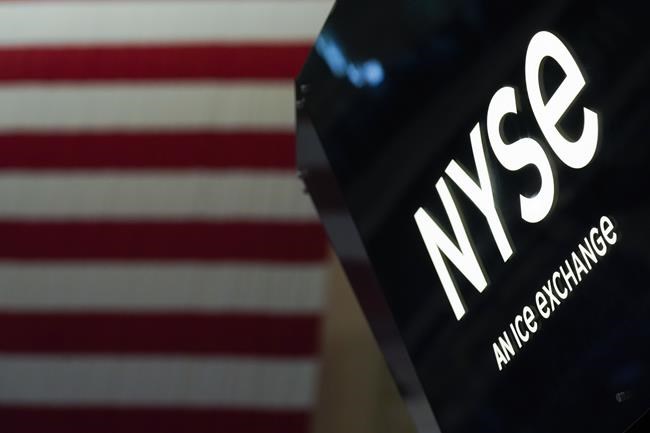
Athletic footwear and apparel giant Nike fell 6.7% after giving investors a cautious update on the potential hit to revenue because of lockdowns in China. The company relies on China for roughly 17% of its revenue, according to FactSet.
Wynn Resorts rose 3.3% and Las Vegas Sands added 4.2%. The companies, which have major gambling businesses in China, got a boost after China eased a quarantine requirement for people arriving from abroad.
Energy stocks also made solid gains as U.S. crude oil prices rose 2%. Hess rose 4.1%. Those gains were checked by losses for big technology companies. Microsoft fell 3.1% and Apple slipped 2.9%.
Treasury yields rose. The yield on the 10-year Treasury note, which helps set mortgage rates, rose to 3.20% from 3.19% late Monday. Overseas markets rose.
